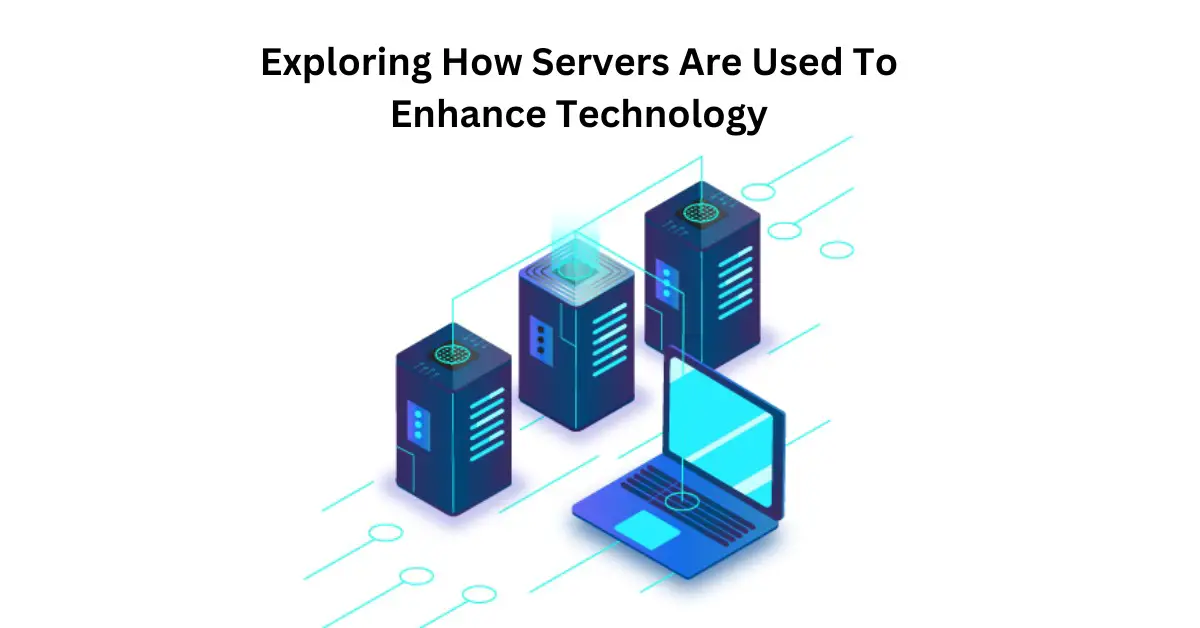Introduction
A server is a computer system that is used to support the activities of an organization. In simple terms, a server provides the infrastructure that enables organizations to run their business. There are different types of servers and each has its own specific role in an IT infrastructure.
In addition to these three main types of Servers there exists Server Virtualization which helps us create multiple identical copies (called virtual machines) of an operating system on separate hardware so that one copy remains available at all times even if some hosts fail while others keep serving traffic without interruption. All this without having extra staff on hand. This technology has several benefits such as reducing capital expenditure requirements because you pay only for what you use rather than buying entire host machines upfront just in case. It also allows you scale up/down resources where needed while providing redundancy. Server consolidation refers to combining multiple physical systems into fewer logical ones which then can act as one big system instead. You may want consolidate your mailboxes with Office 365 tenant hosted services rather than five individual Exchange 2007.
Types Of Servers
Servers are essential for businesses of all sizes. They're responsible for storing data, hosting websites, and providing security for your computer systems. In this section, we'll take a look at the different types of servers and their various uses. We provide the best Server For Rental at the best prices in the market.
A server is basically a computer that's dedicated to performing specific tasks for a business. There are four main types of servers: dedicated servers, shared servers, virtual servers, and cloud servers. Dedicated servers are the most expensive but offer the most features and flexibility. Shared server are less expensive than dedicated servers but don't offer as many features or flexibility. Virtual servers allow you to run multiple applications on one server while cloud servers let you access your server from any location with an internet connection.
Web hosting is used to host websites on a remote server. This is usually cheaper than buying separate web hosting services for each website that you have. Data backup is when you store your data offline in case your computer system fails or if you need to keep your data separate from your personal files. Security refers to protecting your computer systems from unauthorized access by hackers or malware. You can protect yourself against these threats by using firewall software, updating your antivirus software, and securing your passwords.
When selecting a new Server, be sure to consider factors such as reliability speed, and security. Also be sure to budget appropriately in order to avoid costly maintenance or security risks down the line. Finally make sure that you have an understanding of which type of Server will best suit your needs before making a purchase!
Exploring How Servers Are Used To Enhance Technology
Server technology is essential for enhancing customer experience. By understanding the different types of servers, their purposes, and the advantages and disadvantages of each, you can better understand how they are used to enhance technology.
A server is a computer that contains important components such as memory, storage, and processors. Servers are used to store data or run programs. They are also used to provide a platform on which other technologies can be operated. For example, a server might be used to host a website or run an application program.
Different types of servers exist depending on the purpose for which they are being used. A physical server is a dedicated machine that is physically located in an office or other location where it can be accessed by users. A virtual server exists in software form and can be accessed by users anywhere in the world from any device with internet access. Virtual servers are often preferred because they allow organizations to scale their infrastructure without having to purchase additional hardware or incur extra expenses associated with maintaining physical servers in multiple locations around the world.
Cloud servers offer many advantages over traditional servers because they allow organizations to save money by using resources that would normally have been allocated for maintenance or staff training instead of investing in expensive hardware and software licenses. Furthermore, cloud servers provide greater security than traditional server systems because data is stored on secure systems that are monitored 24/7 by vendor personnel. Security measures also include encrypting all data at rest and ensuring strict compliance with regulations such as PCI DSS (Payment Card Industry Data Security Standard).
Server technology is also being increasingly used to enhance customer experience by providing enhanced features such as chatbots or voice recognition capabilities on websites or applications. This allows customers who have difficulty using standard web interfaces access to enhanced features through conversational interfaces that mimic human conversation patterns.






